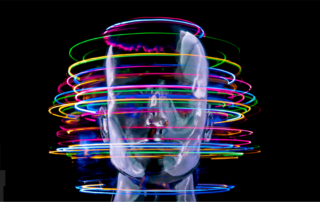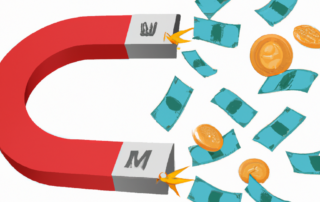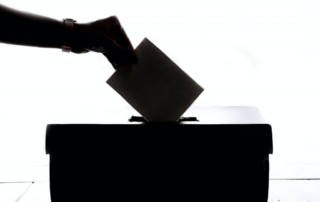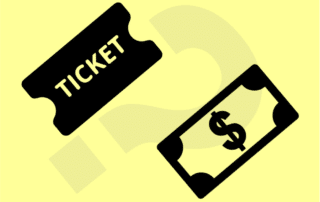Different Dinners: Unlocking Behavioural Insights for a Sustainable Food Future
In 2022, Auckland Council undertook an innovative research project utilising behavioural insights, which was designed to support Auckland households to make more sustainable and climate friendly food choices, i.e., to eat less meat. This ‘Different Dinners’ project is part of a broader programme of work looking at how Auckland Council can respond to its commitments to address climate change. The results were positive and demonstrate that Aucklanders are both willing to and did make changes to their diets. All interventions tested resulted in increased climate-friendly food choices.











